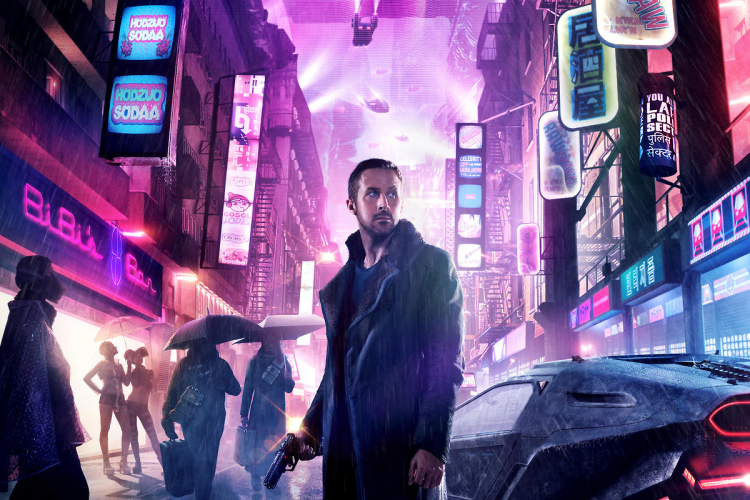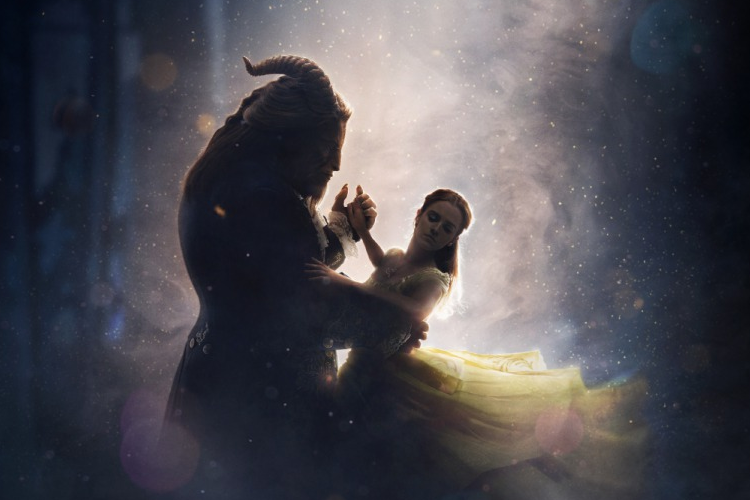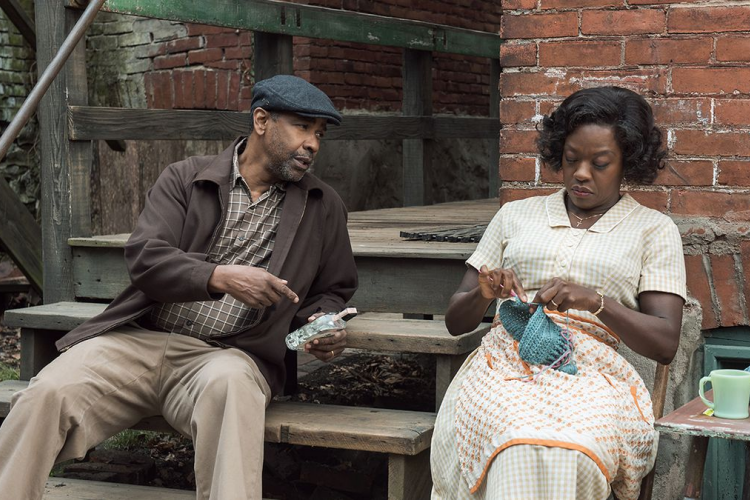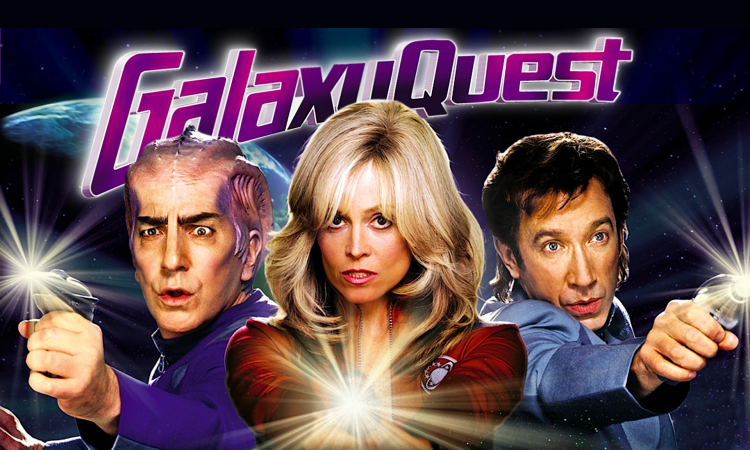Based on the trilogy by Jeff VanderMeer, a mysterious translucent
orb looms over Area X. No one knows how or why it came
to fruition, just that its electromagnetic power slowly absorbs everything in
its wake. Anything or anyone that crosses the Shimmer’s threshold is never to
be seen or heard from again. That is until cellular-biology professor Lena (Natalie
Portman) is inexplicably reunited with her husband (Oscar Isaac), a soldier who
entered the Shimmer as part of a military operation and was the only survivor
to come out alive but suffering ill effects from being inside. Curious to
venture into the heart of the orb and find out what happens inside, Lena and
four other women - psychologist Dr. Ventress (Jennifer Jason Leigh), paramedic
Anya Thorensen (Gina Rodriguez), anthropologist Cass Shepphard (Tuva Novotny)
and physicist Josie Radek (Tessa Thompson) - make one last dangerous trek
searching for answers.
On the surface level, there isn’t a lot about Annihilation
that’s unique from many other sci-fi counterparts. The story is something that
we’ve seen before: a uniquely qualified group of individuals enter an
unknown world and nothing can prepare for them for what they’re about to
encounter. We’re left with various questions about what happened, and the
suspense is left up to both the cast of characters and the environment (which
becomes a character on its own) to tease us with what happened: Were the previous military groups driven crazy and
murdered each other? Did something else kill them - how? What? The longer
Lena’s squadron spends in the orb, their doubts and terror about the
environment start tipping the scale of how they struggle to trust each other
and the deathly situation that they’re in.
What lies underneath the surface of the film is how the
story and direction is gorgeously haunting. The Shimmer's overgrown forests and peaceful isolation feels like something out of a fairytale. But lurking behind the illusion of its dream-like atmosphere are changes that the team could never imagine: People become one with the landscape, animals transform into terrifying
beasts, and the fact that nobody can really live within its translucent walls increases any sense of seeing civilization again. As Lena and her comrades follow its trail of
breadcrumbs about the military units that came before them, their resolve
starts to crumble – there really is no such thing as going back. The Shimmer
is filled with tension and wonder about the unknown, a lingering suspicion
about what will happen next; it has a foreboding peacefulness to it that’s
matched by violence; life equals death; destruction breeds creation. The longer
you spend with Lena and the group, the more you want to know answers too, and
to see who might survive, die, or how the Shimmer changes
them.
The film is very much an ensemble piece. Portman’s career
over the past decade has truly flourished, churning out all kinds of complex performances from Black
Swan to Jackie. As Lena, she offers a formidable leader to the group and
someone to anchor the story to as she tries to navigate what’s going on around
her – she’s vulnerable, smart, and resilient. The rest of the characters could
come across as a little trope-ish compared to similar action / sci-fi movies,
but they create a tight camaraderie between them that makes their tentative
unity and division almost palpable. It’s not hard to fall in love with the
film’s overall aesthetic, to be honest: Five women walking into the Shimmer ready to get answers and
kick ass.
Written and directed by
Alex Garland, Annihilation is only the first step in a trilogy, and unfortunately,
he only had the intention of making the first one. When he started the project, the author's manuscript was just coming together, and Garland scraped the series' ideas together to form his own vision - ironically, just like The Shimmer. His film's world-building asks big
questions, and the road to answering them is chilling and unexpected. Annihilation
works well enough as a stand-alone, but knowing what happens next would’ve been
interesting for the rest of the trilogy to be made and explore. There’s honestly nothing wrong with Garland's film, except the shame of wanting more and being forced to wait for another director to take the series on again. One can only
hope that this breeds similar yet different sci-films in the future.



















